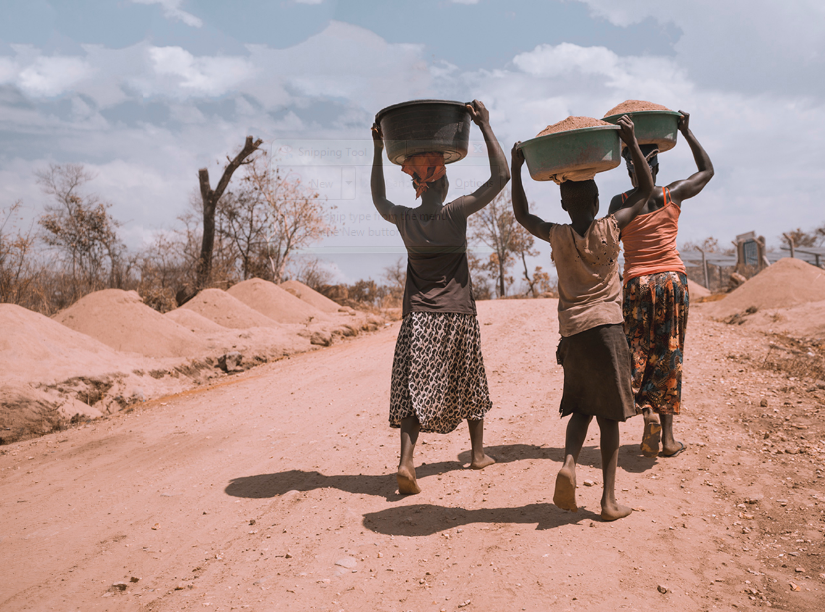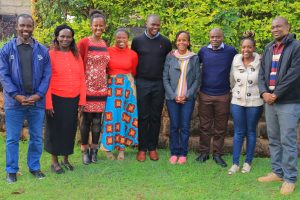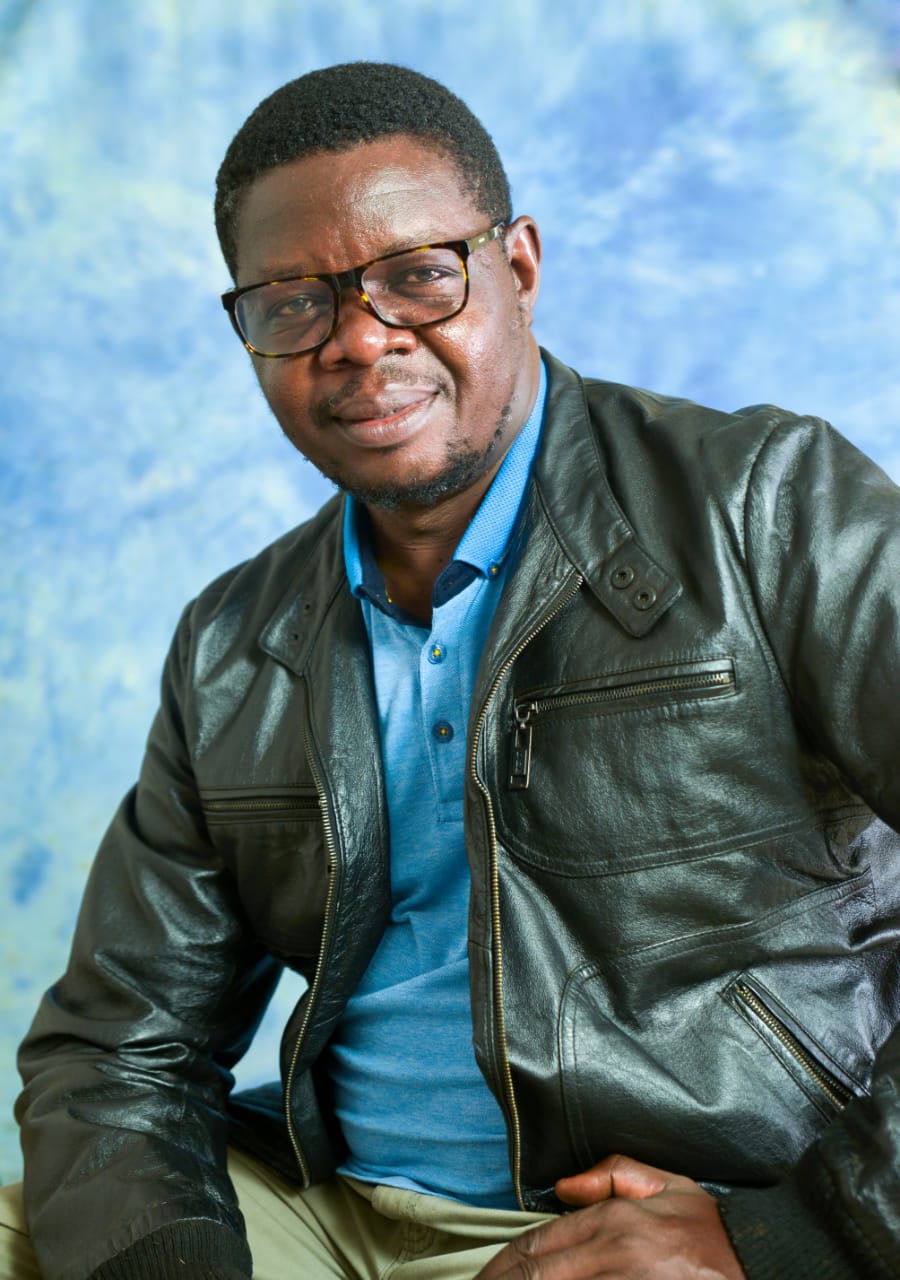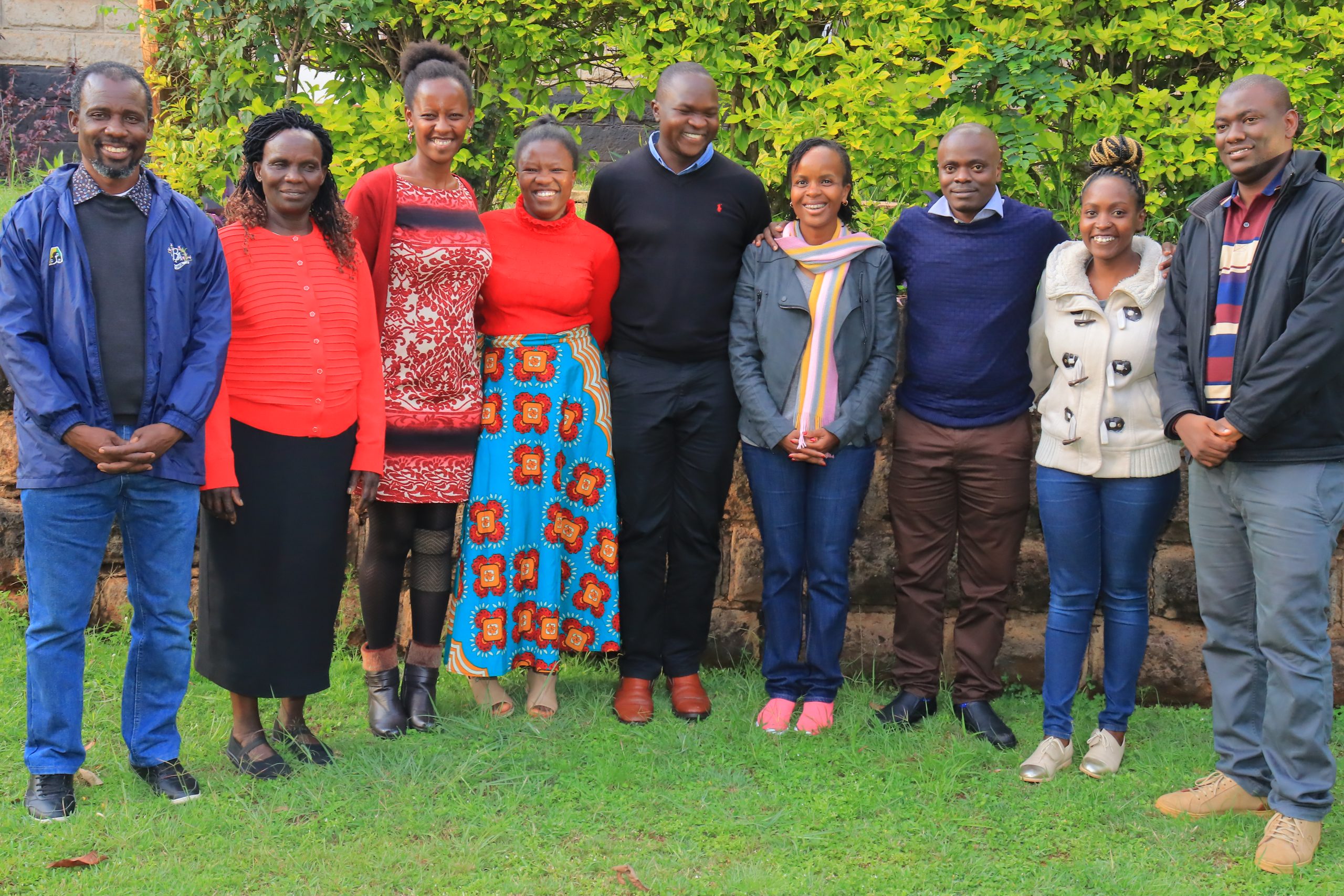THE STORY THAT IS OFTEN NOT TOLD.
By Brian Joseph
Each day we come across women of all genders, ranging from zero to the very eldest members of our society. Many of them will always be seen smiling but there are those who are usually sad once the end of the month comes.
Mainly the most affected are the school going girls both in primary and secondary school. These are the ones who have reached puberty. For most girls in primary reaching puberty is usually quit stressful, especially if you get to puberty earlier than usual before your peers since they start experiencing unusual occurrences in their bodies and that’s when stigma kicks in from her peers. They get exposed to the harshest of words that is “Aaah we ni mkubwa sana hatuwezi cheza na wewe” this is what most girls get to be told by their fellow mates.
Stigma kicks in once more when the girls have their first monthly period unexpectedly. This is where trouble kicks in as a nation since a survey conducted by one of the Kenyan television revealed that only 12% of girls are comfortable having discussions on menstrual health with their mothers.
Why am I calling it trouble since 38% of the girls don’t discuss the issues at home. They mostly discuss these issues with their peers or at all don’t know anything about periods by the time start experiencing them or even when already they have been having their periods. And what are these issues am talking about? The issues include hygiene which is of paramount importance and when I talk about hygiene what do I mean?
I simply mean the knowledge of pads. It is so sad to realize that even those with the knowledge about pads may not have access to them. Of the girls we have in our country 65 % are unable to buy sanitary pads this means that 2.6 million girls need support on this. Back to hygiene: there are those places in our country where water is a scarce resource let’s take an example of a girl in the semi -arid regions.
For them to get water , they have to travel over even a kilometre to get it and when they get it this water is meant for the survival of the whole family not for personal use like taking a shower 3 times a day. This simply shows how some of our girls have a hard time during this part of the month.
In other cases water is available but the source of livelihood is just too low. For example a girl who stays in kibera slum where “mtungi moja ya maji ni 10 Bob ” and probably the work that the parent does is mainly to have something to put at the table at the end of the day then here you come telling your parent that you are on your period hence you should have a shower 3 times a day.
Well the parent fully understands you the circumstances will just force you to take that 1 shower and persevere and even sacrifice going out since you don’t want your name tarnished. So if a basic commodity such as water is expensive for that family to buy do you think that a sanitary towel will be the one which will be easier to buy?
The other shocking thing is that some girls ,that is, 2 out of every 3 girls receive this essential commodity from their sexual partners and in the worst cases this is where some of our girls get pregnant but it was not their will they were only in search of a basic commodity that they cannot live without in their lives .
Have you ever thought of ladies /girls with disabilities how are they able to get through this period since some of them can’t afford to go buy them or they don’t have someone to send to go buy them this essential commodity. The report revealed that 68% of ladies don’t have privacy during this period and mostly the people with disabilities are the ones who are affected since they always need a person to be with them so that they can help them out in their day to day activities.
What hurts most is seeing how some of our public toilets are build with narrow doors others have staircases at the entrance which makes a person with disability have a hard time accessing the facility mostly those who are on wheelchairs. On the contrary some public toilets in our country are poorly managed hence they are usually dirty making it even harder for ladies and the general public have a hard time accessing this basic facility.
Have you ever thought of the complications that some ladies do experience during this time. That includes Endometriosis which has become a condition that many women never knew that it is a disease amidst others such as uterine fibroids , menorrhagia, premenstrual syndrome, premenstrual Dysphoric Disorder ( PMDD). What a painful process of life.
Now due to the pandemic all things are at a break that includes schools, where the school going girls who have attained puberty are usually given sanitary towels for free at no cost but how about now? We have a very large population of girls suffering since only 50% discuss this topic at home. This means that the other half usually get to talk about this things else where mostly in school so my main question is what can I do about this percentage, what can you do about it?
It also hurts to realize that 54% of girls who go through early menarche experience diminished academic performance. This can only be attributed to two things mainly lack of sanitary towels and secondly due to lack of information concerning this tragic occurrence which starts to haunt them from as young as 12 years old till later in life when they feel relieved when it stops at menopause. But the mainly the main cause is due to lack of the sanitary towels. It is every mothers wish that this towels can reach to her daughter, how I wish it was accessible to all girls country wide.
It is my humble plea to every single person who gets this message, let’s put a smile on the girl child’s face once more, whether you are rich or poor let’s all unite and support our girls who are suffering in silence. It is my wish and prayer that the sanitary towels are given free of charge since not every single girl in this country can afford this essential commodity.
@Brian Joseph












2 thoughts on “THE STORY THAT IS OFTEN NOT TOLD.”
This is a matter of great concern. It is well written except for a few errors that can be edited out.
Thank you so much Marion the mistakes will be corrected